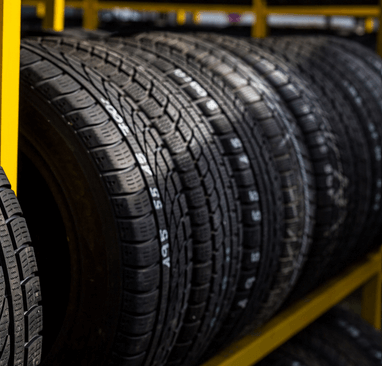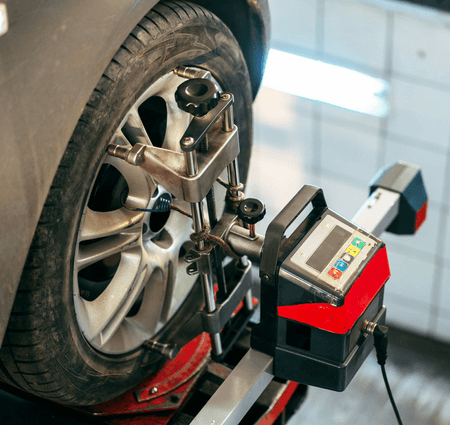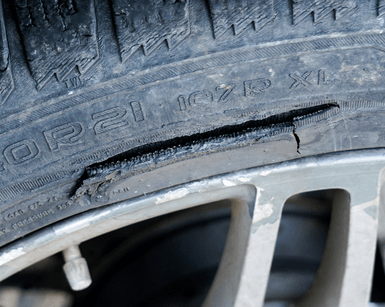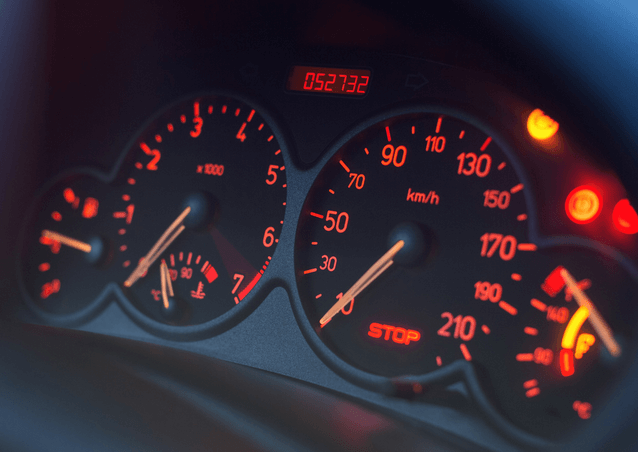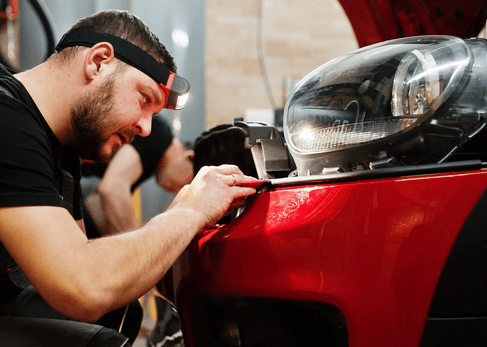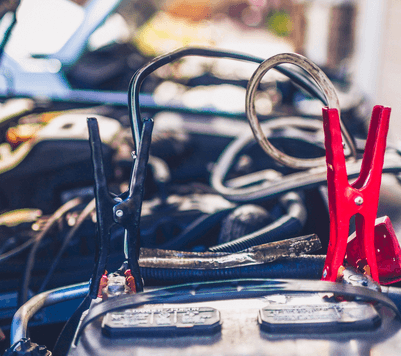As part of our commitment to treating each other like family at Chapel Hill Tire, we mean to treat everybody like family — and that means finding ways to give everyone equal opportunities to succeed.
“In a male dominated field like the automotive industry, I want young women out there to know that they are capable too,” says Logan Gray, General Service Lead at the Fordham Boulevard location. “I pursued a career in healthcare for nearly a decade before getting tired of pushing paper. And when I decided to go out on a limb and apply at Chapel Hill Tire, they really gave me the opportunity to discover my passion for something I once overlooked!”

That passion may have started early in life for Logan, who grew up on an alfalfa farm surrounded by heavy machinery, go-karts, and ATVs. But it wasn’t until she started at Chapel Hill Tire that a lot of doors opened for her to be part of a team:
“I am blessed to be at a shop with four Master Technicians and many other co-workers that are constantly sharing whatever information they come across. We truly do win as a team!”
Even outside of her day-to-day work at the Fordham shop, Logan stays active in the automotive community, mentoring young women in this ever-growing field.
“One of the things I’ve enjoyed the most during my time at Chapel Hill Tire was working with The Power of Us summer camp and the Summer Careers Academy. There was a young lady there who had just graduated high school, and had never even considered automotive as an option — but after finding out how much she loves it, she is now enrolled in her local community college’s automotive program while working with us part time at the Fordham location. It is really awesome watching her continuously excel!”
In addition to her efforts at educating young women about potential careers in the automotive industry, Logan finds deep satisfaction in the everyday work of helping every customer that comes in:
“As a service lead, I spend a good bit of my time up front with the service advisors, and I can see how flustered some of our customers are when they come in. It can be totally overwhelming to have a problem with your only method of transportation. And sometimes, when I can tell a customer that their problem has been solved, it seems as if I can actually see the weight lifted off their shoulders. That is super gratifying.”
We’re grateful and thankful to have Logan as such an integral part of our Chapel Hill Tire family, and can’t wait to see all of the amazing things she’ll be doing in the future!





